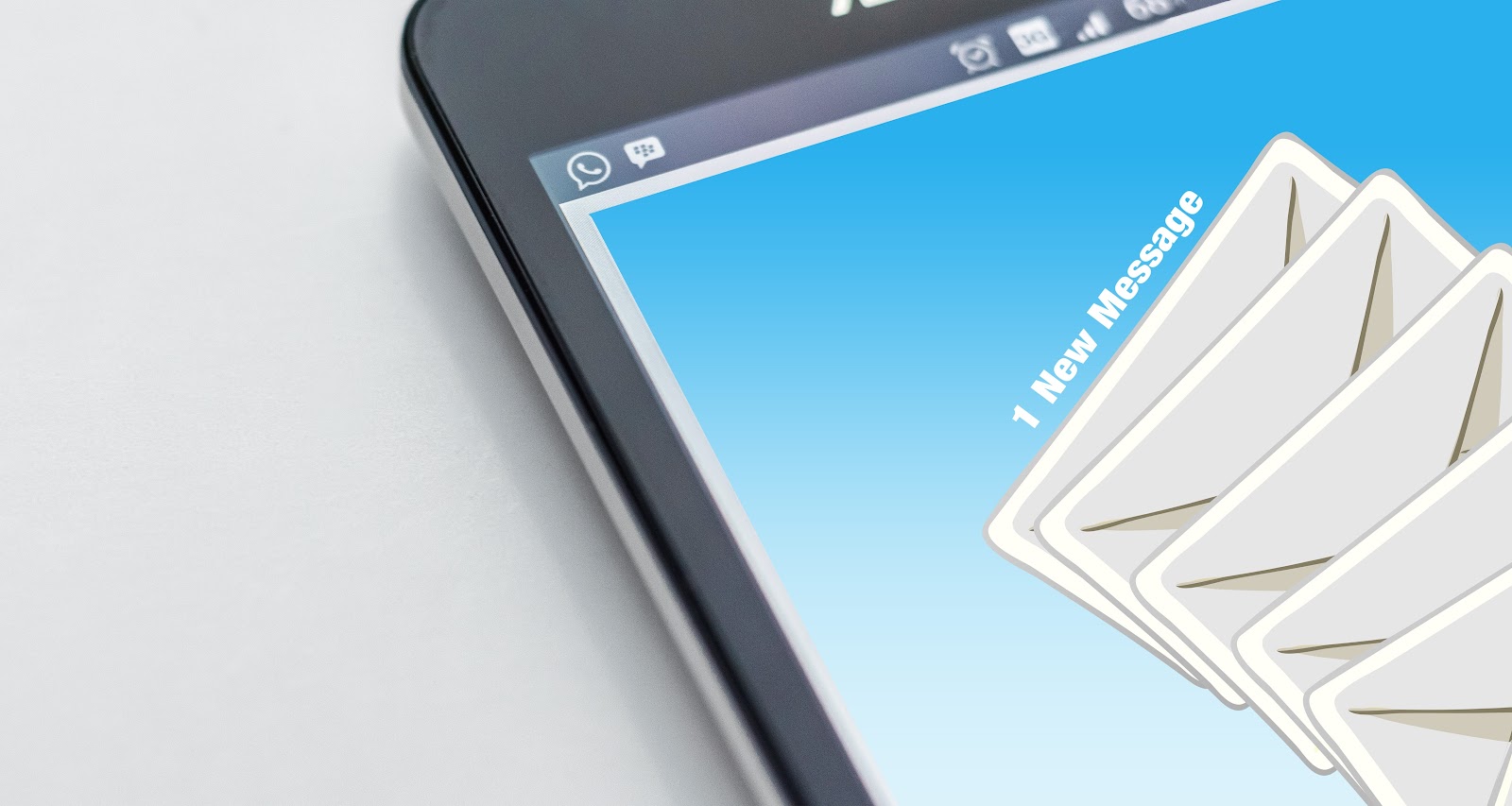When it comes to putting together events, few aspects play as vital of a role as communication.
Sure, you can develop a simple business plan template for your event, but if you are not able to communicate with your team and the client, executing that plan will become challenging.
What’s more, since so many details go into planning an event, you need to streamline every single process so that you don’t waste precious time, and having an efficient communication system is one of the biggest time-savers that you can have.
But where to get started with making your communications more effective?
Well, in this article, we’ll explore some of the most innovative and reliable ways to improve the way you share information so that hopefully you can start using at least some of these techniques in your own processes as well.
USE A DIGITAL TEAM COLLABORATION TOOL
We live in a digital age, and that means that it’s only natural that certain changes are taking place in terms of how we communicate with our colleagues.
While text messaging was a popular method that many event planners and other professionals used for a long time, today it’s just no longer practical when you have much more advanced and convenient tools that give you complete control over how and with who you communicate.
Tools like Slack or Ring Central’s Glip combine a range of powerful features that allow you to share information, media, or files quickly, communicate both individually with each team member and in groups, schedule calls, and seamlessly integrate with scheduling and task planning tools like Asana or Trello.
When putting together a complicated project, it’s easy for important details or tasks to get lost, but when you work using a single workflow management system, you can ensure that all the vital information stays in one place and that you can distribute tasks and update your team members immediately and without wasting precious time.
While the specific system that you develop and even the tools that you end up using may differ according to your preferences, at least exploring some of the newer and more promising technology trends that are being used across industries can help you find ideas on how you could improve your own processes with just a few simple changes.
CONSIDER USING A VOIP SYSTEM FOR CALLS
While messaging is undoubtedly convenient and has its place in the event planning process, it will never replace phone calls, as talking over the phone is still the fastest way to convey information and share crucial details regarding your event.
What’s more, communicating with clients via phone is also still very much essential, as you will need to provide timely updates, resolve issues, or let them choose between the available options.
That’s where VoIP systems can be so helpful – although the technology has only recently started to gain traction in the business and events world, it offers many unique benefits that make it ideally suited for the needs of modern event planners.
But what is VoIP, and why should you use it?
Well, VoIP, or Voice over Internet Protocol, is an internet-based phone technology that allows its users to make calls through the web instead of using an analog phone system.
The reasons for why you should consider it are pretty straightforward – first off, depending on how much you need to make calls (and since you’re an event planner, the answer is probably quite a lot), VoIP can help you significantly reduce your phone bill while simultaneously giving you extra features and providing you with more flexibility.
For instance, if you need to call not only locally, but long distance as well, VoIP will be significantly cheaper and can provide you with a much more stable connection. No matter where in the world you may be, you can make calls at low rates from any place that has an internet connection.
Many VoIP service providers even allow making video conference calls so you can participate in meetings if you’re away at the event site or traveling.
But how to choose the right service?
Well, the first step is to check out the reviews that you find online, like this comprehensive Nextiva review, and gain a better understanding of what different providers can offer you.
Then, all you need to do is find a plan that suits your needs and your budget, and choose a company with a good track record.
DEVELOP AN EFFECTIVE SYSTEM FOR HANDLING EMAILS

Emails have been around for a long time, but shockingly, many professionals still don’t know how to make the best use of them and write ineffective emails that require a lot of back-and-forths.
And in the world of event planning, that can be very costly, as while you need to be able to respond to emails, you can’t allow them to distract you from accomplishing your daily tasks because otherwise, your performance will suffer.
So, how can you improve your email communication skills and make sure that your inbox never hinders your productivity?
Well, the good news is that it’s not difficult and doesn’t require a huge effort, just a conscious decision to develop better habits.
The first step of the process is rather simple – you need to find a way to sort your emails into those with the highest priority and those that can wait. If you’re using Gmail or any of the other popular solutions, you can use labels to quickly sort your emails so that you know how to prioritize your attention.
For instance, if it’s an email that requires a quick and specific answer, you may want to give it the minute that it takes to respond immediately, but if it’s an email that will require a longer response and more effort, label it accordingly, set a deadline for writing it, and set it aside for now.
When writing emails yourself, the number one thing to consider is that you must have a clear goal for what you want to accomplish.
Whether it’s establishing contact with a vendor, finding out relevant information, or communicating something to a colleague or client, keep that goal in mind when writing it, and try to be concise and clear so that your email highlights the primary message.
Another thing to remember is that the headline is just as important as the body since many people will base their decision on whether to open the email on how clearly you can communicate what it’s about.
And if you want that person to respond or to perform a specific action, make sure you emphasize it in the email – don’t expect people to figure it out on their own and instead tell them precisely what to do.
Finally, if you don’t get a reply, don’t forget to follow up – a lot of opportunities are lost, and vital information missed, simply because people fail to send a follow-up email. Sometimes, the person may not reply not because he isn’t interested, but because he forgot, the email got lost, or any other of the dozens of possible reasons.
By following up, you’re not only dramatically increasing the chances of getting a reply, but also showing that you care and pay attention to details, which can help you form a positive opinion about yourself as a professional.
CONCLUSION
Having excellent communication through email and other channels plays a vital role in an event planner’s ability to do their job well, and will likely contribute to the relationships in the industry that you can develop and even your employee retention rate.
Luckily, if you make a conscious effort to improve the way that you share information, you’ll gain an instant advantage over many of your competitors and will attract clients and colleagues who want to work with you with much less effort.







